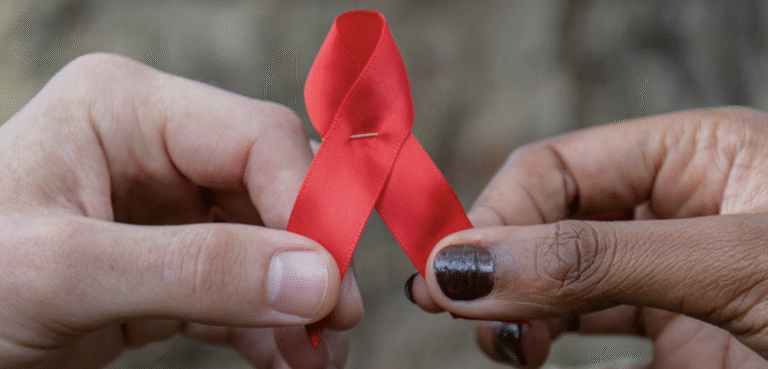
Ageing with pride and dignity
“IT means the world that I and the other older members of the community are being listened to and people are finally taking notice of us and not forgetting that we’re here,” said Michelle Turnbull, a 73-year-old Brisbane trans woman.
For Turnbull (pictured above), the National LGBTI Ageing and Aged Care Conference in Melbourne this week will be a significant opportunity to have her rights and issues addressed and heard.
Conference organisers Val’s Café, a project around LGBTI ageing, said they identified a specific need to provide a space for older LGBTI community members to voice their concerns and address issues effecting them.
“We have a number of older LGBTI people speaking at the conference — the policy of ‘nothing about us without us’ — [because] it is so important that we don’t speak for older LGBTI people, we need to ask them what they need and want,” Val’s Café coordinator Carolyn Whyte said.
“The conference privileges the voices of older LGBTI people — they speak for themselves in person, in the films we will launch and in the research that is explicitly focused on the voices of older LGBTI people.”
The conference will feature community health and ageing advocates from across the country keen to discuss a range of issues impacting the sector, including how to address discrimination, the rights of older LGBTI people, their history, health care, trans* issues, inclusive aged care facilities and more.
Including the voices of LGBTI seniors at the forefront of any discussion regarding issues affecting them and possible government action is key, according to University of South Australia’s Dr Jo Harrison, an advocate and long-time expert on LGBTI ageing research.
“The Federal Government response on LGBTI ageing in Australia followed decades of struggle, activism and action, particularly by elders themselves who were prepared to risk speaking out and being visible at a time when this took great courage,” Harrison said.
“It is essential that elders themselves are at the forefront of all developments, deliberately in positions of control, management and decision-making, not just as passive consumers, subjects of research, or targets for ‘consultation’.”

Harrison also highlighted that this process also required a constant revision of the services, policies, projects, research, events, and other responses that are developed.
“In this way we will ensure that Australia’s response to LGBTI ageing is led by those who are the true experts on their own situation and we will provide the most effective, culturally appropriate way of addressing aged care concerns,” she said.
Advocacy groups identify the historic discrimination faced by older LGBTI people within institutionalised care and the aged care sector as the primary hurdle in the way of progress.
UnitingCare Ageing director Steve Teulan said that respect and support was the key to addressing it, which is why his organisation seeks to remove the barriers faced by older LGBTI Australians within 10 years.
“The most significant issue is that older members of LGBTI communities are very wary of residential and community aged care providers based on their experiences of discrimination and abuse through their lives,” Teulan said.
“Members of LGBTI communities want to know that there are providers who will genuinely welcome them, acknowledge, respect and support their right to live the life they choose, respect their relationships, history and identity. That includes being supported to remain connected to their LGBTI communities.”
Queensland AIDS Council’s Healthy Communities Program director Gai Lemon echoed his sentiments.
“From the perspective of LGBTI seniors, there is a fear that organisations won’t be inclusive, and may in fact perpetuate discrimination and stigma, forcing elders to back into the closet. Again, this reinforces the need for cultural specificity,” she said.
Gay and Lesbian Health Victoria (GLHV) manager Dr Philomena Horsley said this discrimination leaves many in a vulnerable position.
“We know from research that older LGBTI people are more likely to live alone, less likely to have had children, and less likely to have contact with biological family members on a regular basis than their heterosexual peers,” she said.
“This means that they may be more isolated and unsupported if they become frail or suffer ill-health. They are also very likely to have experienced a lifetime of rejection, discrimination and violence from within their family networks, workplaces and neighbourhoods.
“Until fairly recent times, all kinds of services have been legally entitled to refuse to help them or give them poor service. So naturally a lot of older LGBTI people are distrustful of the health and aged care sectors, and some may not seek help at all.”
For Michelle Turnbull, living by herself and ensuring a sense of independence is vital in sustaining her quality of life. She said having aged care providers that supported her living at home — and being inclusive of her identity — meant the world to her.
“I have never entertained the thought of living in a facility. This is my home and I would rather live out my days as independent and in control as possible,” she said.
“I have been fortunate to receive care from providers who have been very supportive of who I am and honestly don’t care if I wear make up or do my nails. They all seem to love it.”
However, many LGBTI seniors have experienced a sense of invisibility when dealing with some aged care providers as a consequence of not having their specific needs addressed.
Gai Lemon said a lack of access to “LGBTI invisibility-free” aged care was a concern.
“While there is a shift happening in some places away from ‘we treat everyone the same here’ to trying to seek out LGBTI clients, many providers are yet to recognise or grapple with their need to actively promote their acceptance and inclusion of LGBTI clients before they can expect to have them seeking their services,” she said.
Carolyn Whyte said: “Some aged care service providers don’t believe they have any LGBTI clients so they don’t see a need to be LGBTI inclusive — because they are not LGBTI inclusive their clients don’t think it is safe to disclose — the cycle goes on.”
According to Whyte, adopting LGBTI-inclusive policies is fundamental in addressing health issues facing older community members.
Dementia, trans* and intersex health concerns, mental health, and increasing numbers of HIV-positive aged care clients are areas that require LGBTI inclusion and specific training and education by aged care providers.
Caring for LGBTI seniors with HIV has been a recent development within the sector and Horsley acknowledged that more needed to be done.
“We recently had a call from a residential facility that was dealing with a staff backlash upon the arrival of an HIV-positive man. Ignorance and fear remain among some staff,” she said.
“This situation has been exacerbated by federal guidelines that do not demand adequate nurse ratios in residential settings and encourages services to employ poorly-trained, underpaid staff. It is important that quality staff education is maintained.”
Significant progress by some care providers across NSW, Victoria and Queensland has been acknowledged and welcomed by advocacy groups. UnitingCare’s Teulan said that it was through working with these organisations that they were able to advance and improve their inclusive practices.
“Our first step was to actively engage with LGBTI advocacy groups such as ACON, Gender Centre and Organisation Intersex International Australia,” he said.
“We also joined local inter-agency networks. We listened to the stories of members of LGBTI communities, learnt the language, and then conducted our own online survey to understand the specific aged care needs and preferences of older members of LGBTI communities.”
Teulan added that UnitingCare was committed to training staff in LGBTI awareness and had been advocates for LGBTI seniors through contributing to government policy, speaking out against discrimination and consulting with other aged care providers.
All aged care groups that the Star Observer contacted said there was no specific data on the numbers of LGBTI seniors in the sector but with growing inclusion of diverse clients and residents, information should be available in the future.
“There is no data on this because we are not asking ‘the question’ — many aged care service providers are just getting their heads around understanding that some of their clients will be LGBTI,” Whyte said.
Luckily for Turnbull, having her colourful life welcomed and embraced by care-givers has gave her the chance to live an open, expressive and rich life during her later years.
“There was a time in my life where I couldn’t go around safely wearing make-up and expressing who I really am but I’m free to do so now,” she said.
“I can now be myself and not be scared and afraid. I spent so many years hiding who I really was behind closed doors.
“The residential community where I live, my church, my local shops… they all welcome me and ask me how I’m doing. It’s amazing and really means everything to me.”

For details on the National LGBTI Ageing and Aged Care Conference, click here.
**This article was first published in the November edition of the Star Observer. Click here to find out where you can grab your free copy in Melbourne, Sydney, Brisbane, Adelaide, Canberra and select regional areas.
RELATED:
OPINION: Struggle for equality for our elderly goes beyond the law — by Corey Irlam
OPINION: Let’s talk about poverty — by Teresa Savage
OPINION: Generation Val, 60 years on — by Dr Catherine Barrett
OPINION: LGBTI ageing and aged care still in its infancy — by Samantha Edmonds

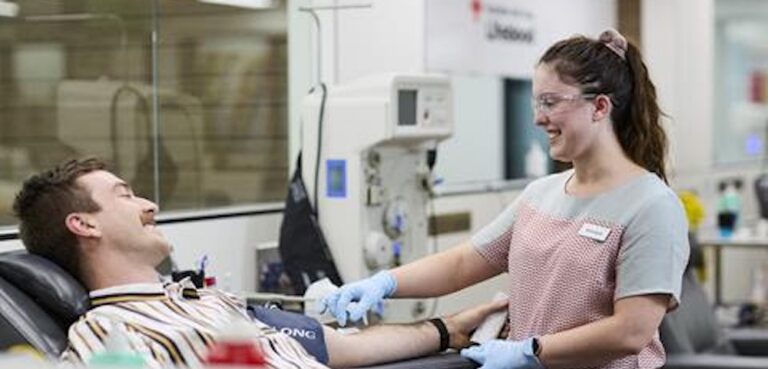
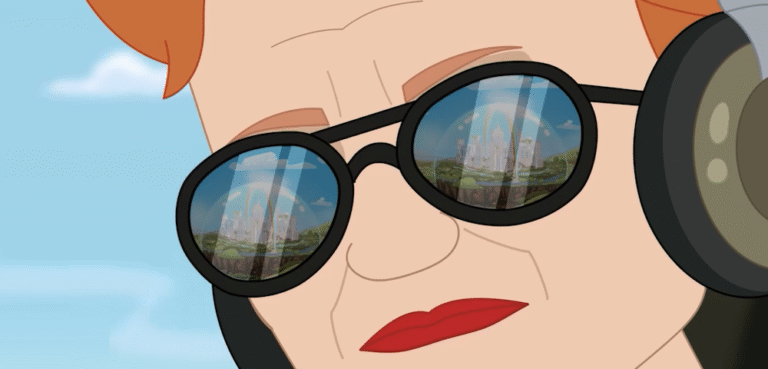
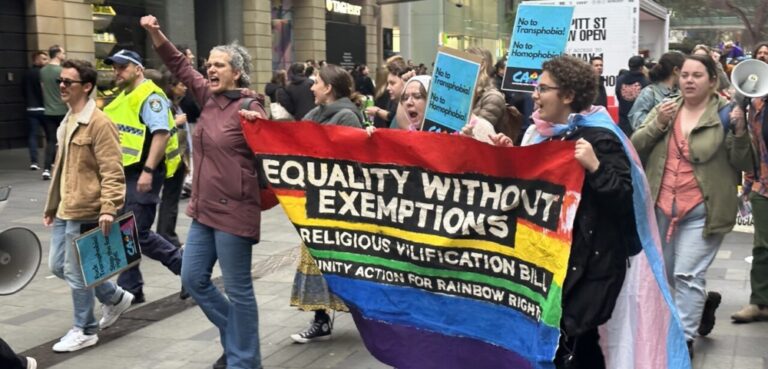
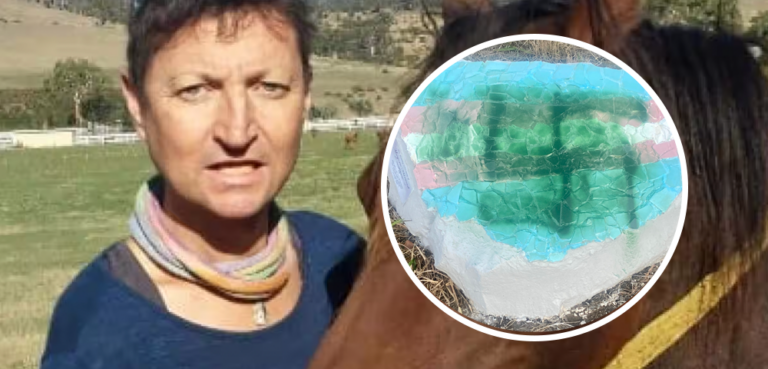
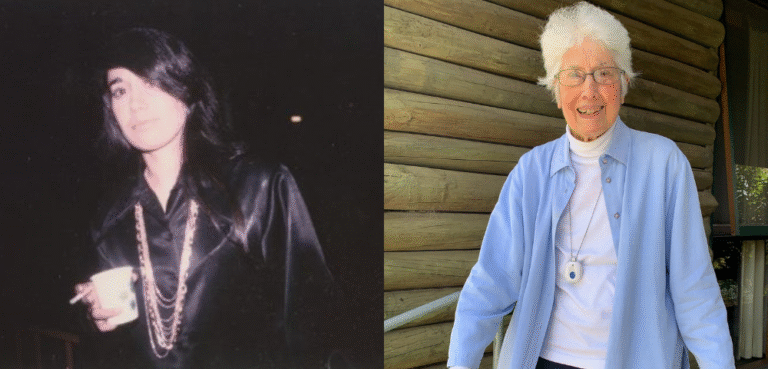
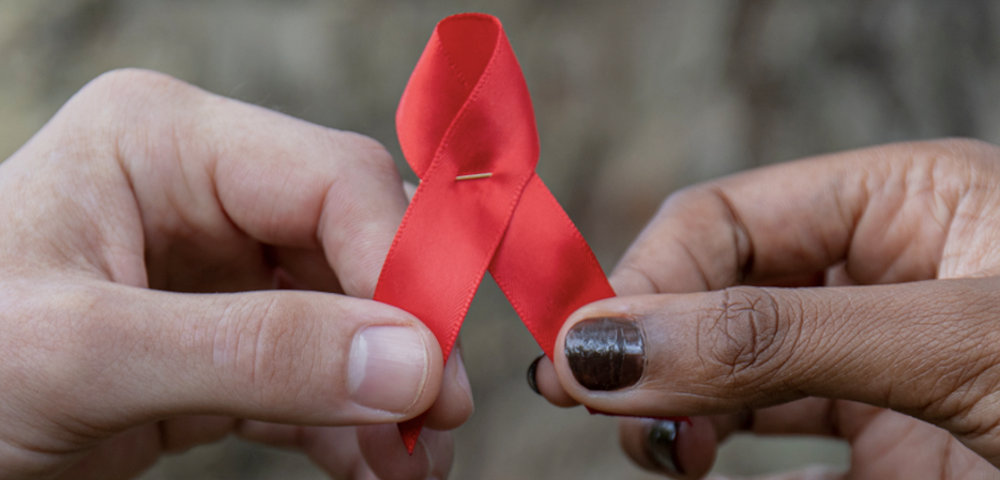

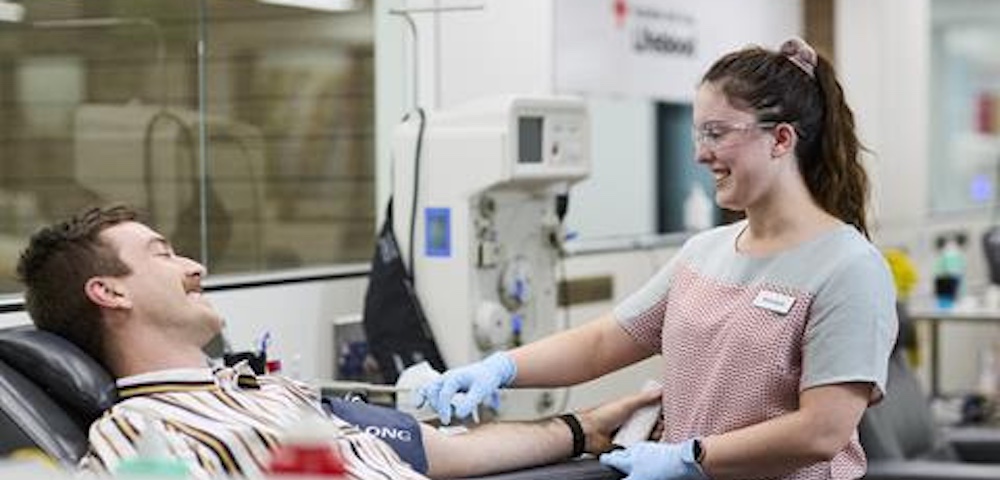
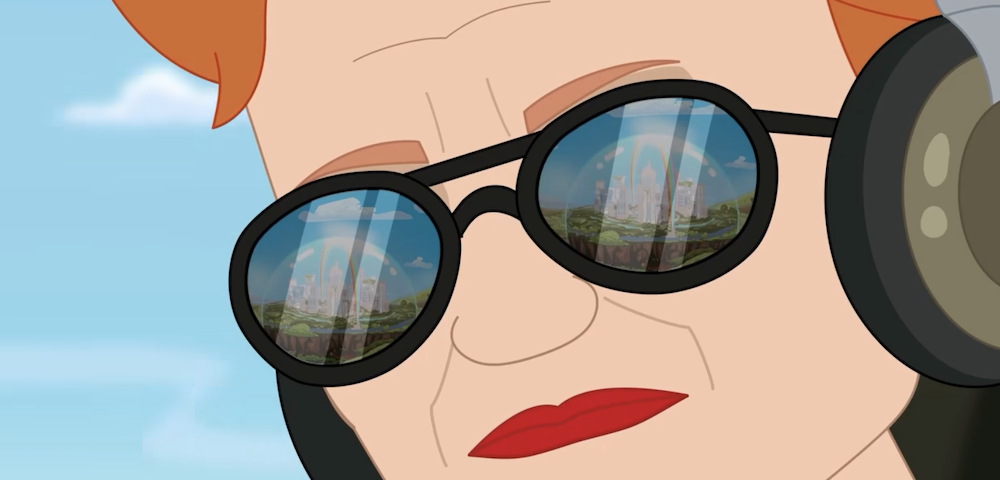
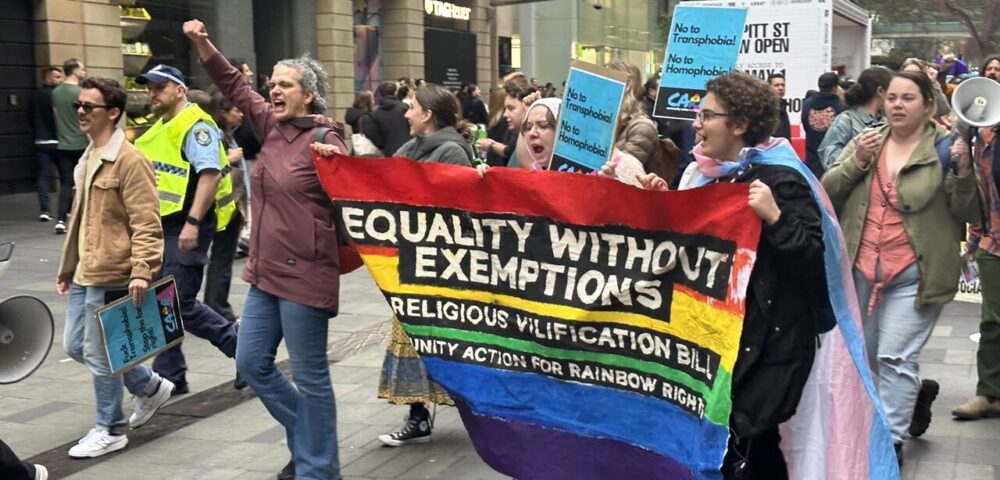
I’m not sure about other cities but in Townsville, uniting care was represented at the lgbti aging forum until qpp was defunded. No representation since. My concern is that the big names in the industry will put together a nice plan on paper that ticks all of the boxes and in practice does nothing will end up with all the funding, while the little people who have attended all training and done the hard yards get screwed over. I do hope the governing bodies are paying attention to who attends training within the community and interacts in the community because at the end of the day paying for on site training is simply a tick and flick and offers no community engagement or connections.